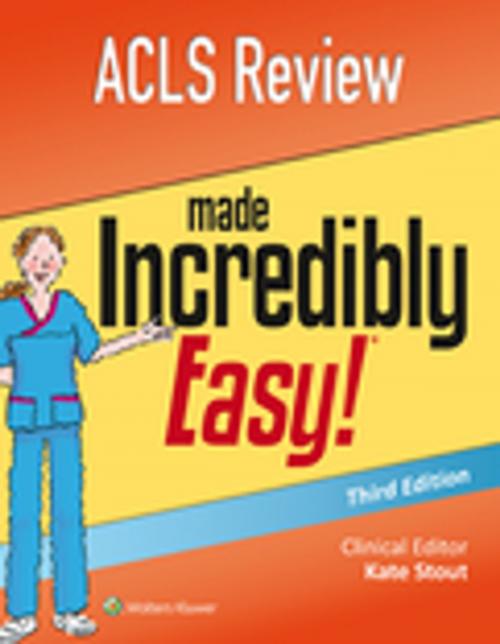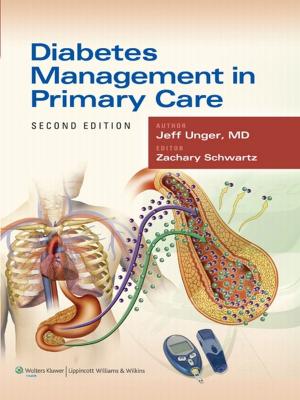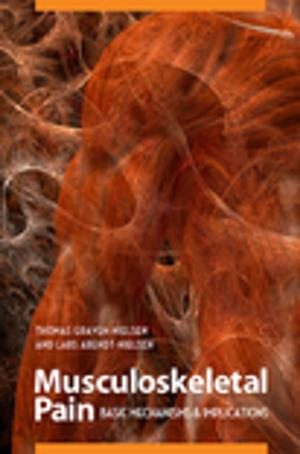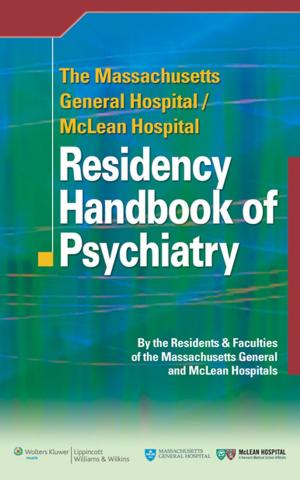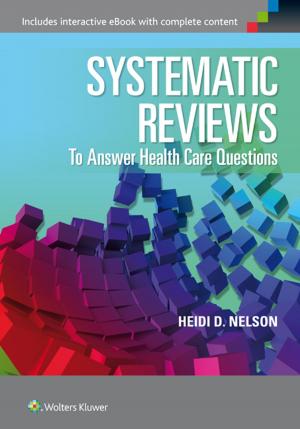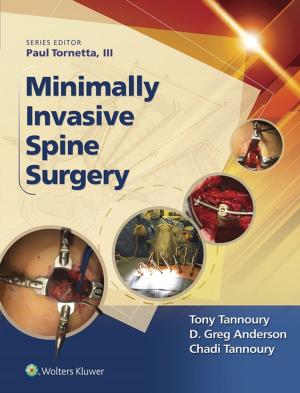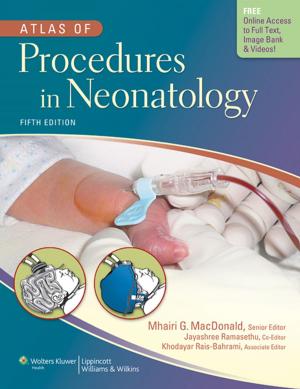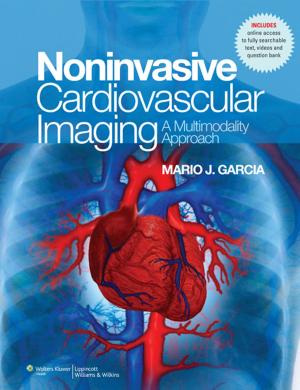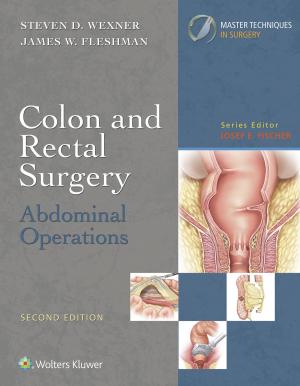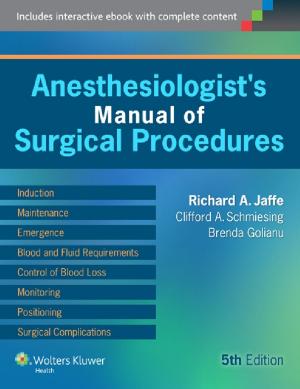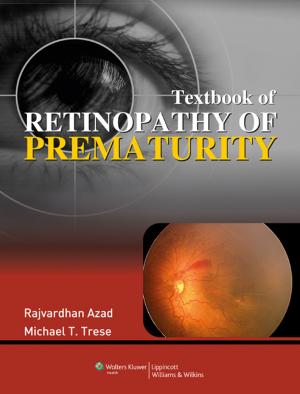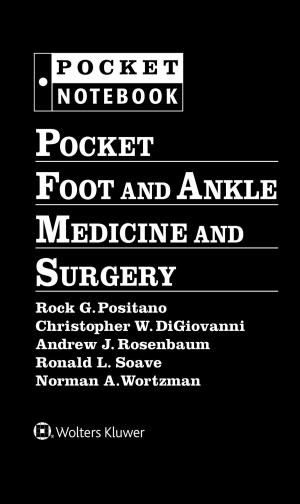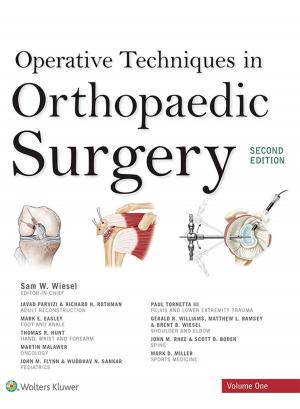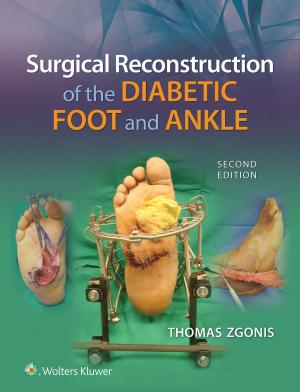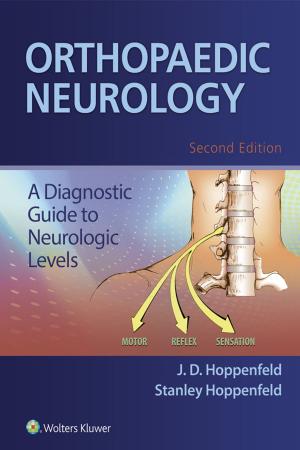ACLS Review Made Incredibly Easy
Nonfiction, Health & Well Being, Medical, Nursing, Fundamentals & Skills| Author: | LWW, Kate Stout | ISBN: | 9781496355003 |
| Publisher: | Wolters Kluwer Health | Publication: | January 26, 2017 |
| Imprint: | Wolters Kluwer Health | Language: | English |
| Author: | LWW, Kate Stout |
| ISBN: | 9781496355003 |
| Publisher: | Wolters Kluwer Health |
| Publication: | January 26, 2017 |
| Imprint: | Wolters Kluwer Health |
| Language: | English |
CLS Review Made Incredibly Easy!® gives you the confidence you need to pass the ACLS certification exam as well as the knowledge and skills needed to perform advanced cardiac life support. Packed with easy-to-remember definitions and step-by-step directions on the latest treatment algorithms, this enjoyable review text tackles required ACLS course and exam content. It is also the perfect on-the-spot clinical reference—for nurses, students, and all healthcare professionals. Be expertly guided through the latest ACLS training and exam preparation with: NEW and updated content in quick-read, bulleted format, based on current American Heart Association guidelines NEW and updated cardiovascular pharmacology content NEW and updated interventions Explains ACLS course and exam components and requirements Proven study strategies, end-of-chapter quick quizzes, and an end-of-book practice test Explanations of complex concepts—easy-to-retain guidance on how to recognize and treat cardiac arrhythmias, including: Classifications of interventions, including basic life support skills, adult cardiac arrest algorithm, and defibrillation Step-by-step how-tos for current treatment algorithms Managing specific rhythms—hypovolemia, hypoxia, acidosis, hypothermia, cardiac tamponade, tension pneumothorax, pulmonary coronary thrombosis, and more Dozens of colorful diagrams and illustrations outline the core concepts and skills needed for ACLS certification, including: CPR – when and how to use it Devices and procedures skills – safe ventilation techniques, including endotracheal intubation and supraglottic devices, as well as defibrillators, pacemakers, and more Early management – managing the first 30 minutes of cardiac emergencies Emergency conditions – which cardiac rhythms may require ACLS treatment IV and invasive techniques – such as peripheral and central IV line insertion Pharmacology – knowing the action, indication, dosages, and precautions for the major drugs used during ACLS Special features that include: Just the facts – quick summary of each chapter’s content o “Nurse Joy” and “Nurse Jake” – expert insights on interventions and problem-solving Quick quiz – multiple-choice questions after each chapter to help you retain knowledge o Now I get it! – real-life patient scenarios illustrating correct ACLS interventions o What to look for – tips on identifying and interpreting arrhythmias. About the Clinical Editor Kate Stout, RN, MSN, is a Critical Care Charge RN at Southern Hills Hospital in Las Vegas, Nevada.
CLS Review Made Incredibly Easy!® gives you the confidence you need to pass the ACLS certification exam as well as the knowledge and skills needed to perform advanced cardiac life support. Packed with easy-to-remember definitions and step-by-step directions on the latest treatment algorithms, this enjoyable review text tackles required ACLS course and exam content. It is also the perfect on-the-spot clinical reference—for nurses, students, and all healthcare professionals. Be expertly guided through the latest ACLS training and exam preparation with: NEW and updated content in quick-read, bulleted format, based on current American Heart Association guidelines NEW and updated cardiovascular pharmacology content NEW and updated interventions Explains ACLS course and exam components and requirements Proven study strategies, end-of-chapter quick quizzes, and an end-of-book practice test Explanations of complex concepts—easy-to-retain guidance on how to recognize and treat cardiac arrhythmias, including: Classifications of interventions, including basic life support skills, adult cardiac arrest algorithm, and defibrillation Step-by-step how-tos for current treatment algorithms Managing specific rhythms—hypovolemia, hypoxia, acidosis, hypothermia, cardiac tamponade, tension pneumothorax, pulmonary coronary thrombosis, and more Dozens of colorful diagrams and illustrations outline the core concepts and skills needed for ACLS certification, including: CPR – when and how to use it Devices and procedures skills – safe ventilation techniques, including endotracheal intubation and supraglottic devices, as well as defibrillators, pacemakers, and more Early management – managing the first 30 minutes of cardiac emergencies Emergency conditions – which cardiac rhythms may require ACLS treatment IV and invasive techniques – such as peripheral and central IV line insertion Pharmacology – knowing the action, indication, dosages, and precautions for the major drugs used during ACLS Special features that include: Just the facts – quick summary of each chapter’s content o “Nurse Joy” and “Nurse Jake” – expert insights on interventions and problem-solving Quick quiz – multiple-choice questions after each chapter to help you retain knowledge o Now I get it! – real-life patient scenarios illustrating correct ACLS interventions o What to look for – tips on identifying and interpreting arrhythmias. About the Clinical Editor Kate Stout, RN, MSN, is a Critical Care Charge RN at Southern Hills Hospital in Las Vegas, Nevada.
